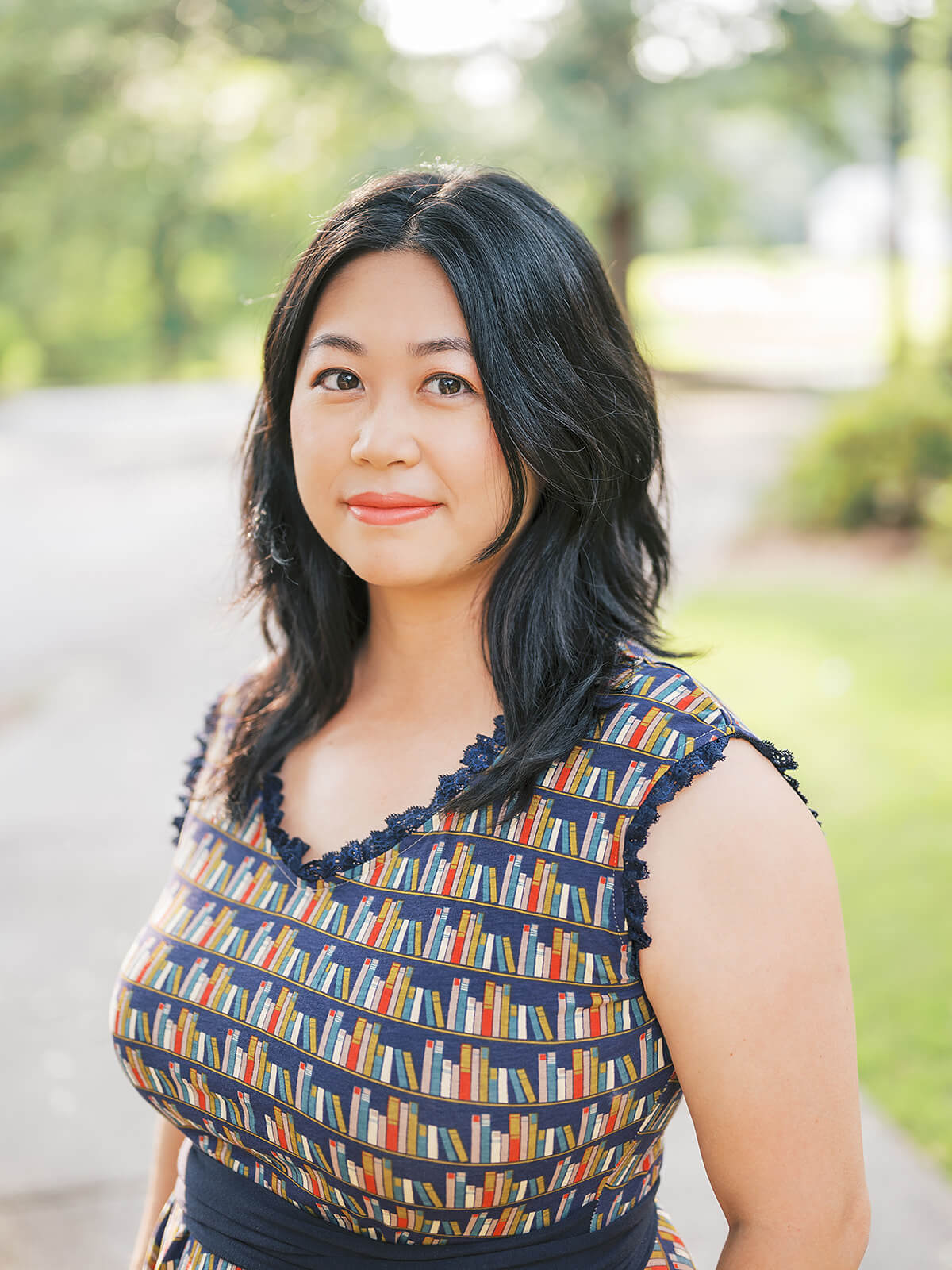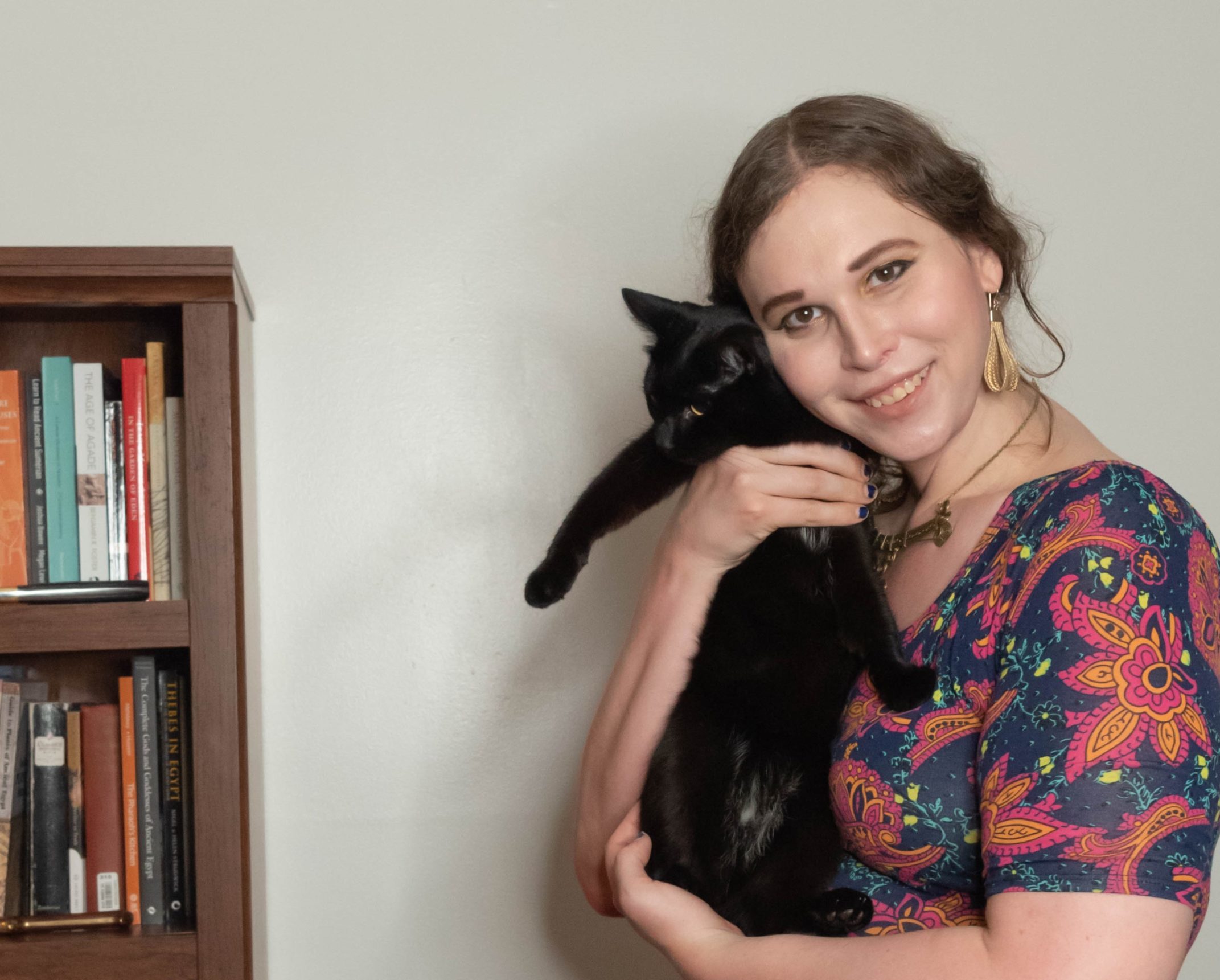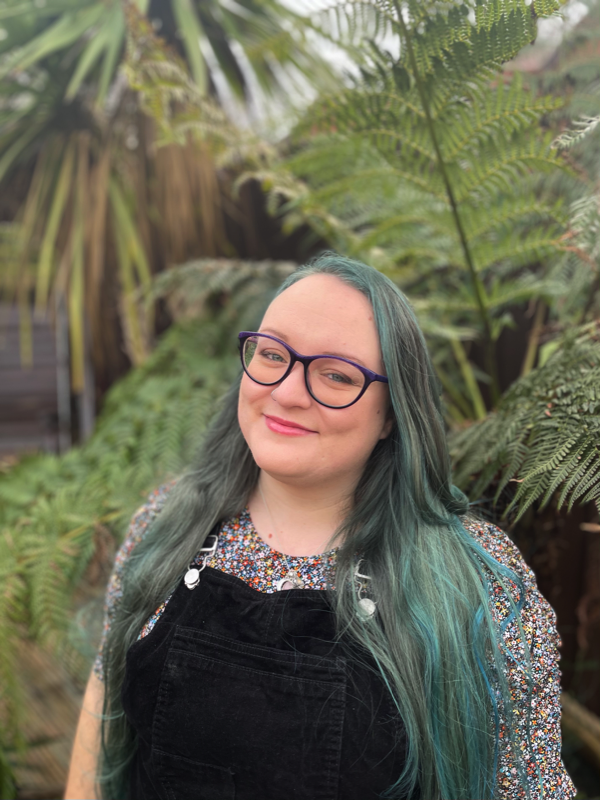
by Michele Kirichanskaya | Mar 17, 2023 | Blog
Mia Tsai is a Taiwanese American author of speculative fiction. She lives in Atlanta with her family and, when not writing, is a hype woman for her orchids and a devoted cat gopher. Her favorite things include music of all kinds and taking long trips with nothing but...

by Michele Kirichanskaya | Jan 5, 2023 | Blog
Maya Deane first retold the Iliad at the age of six. Athena was the protagonist; all six pages were typed up on a Commodore 64; there were many spelling errors. (She has only doubled down since then.) A graduate of the University of Maryland and the Rutgers-Camden...

by Michele Kirichanskaya | Jul 22, 2022 | Blog
Francesca May grew up in the middle of England where she spent her childhood devouring fantasy books and brewing potions in her back garden. She currently lives in Derby with her family, three giant dogs, and two black cats. By day she works as a bookseller at...




